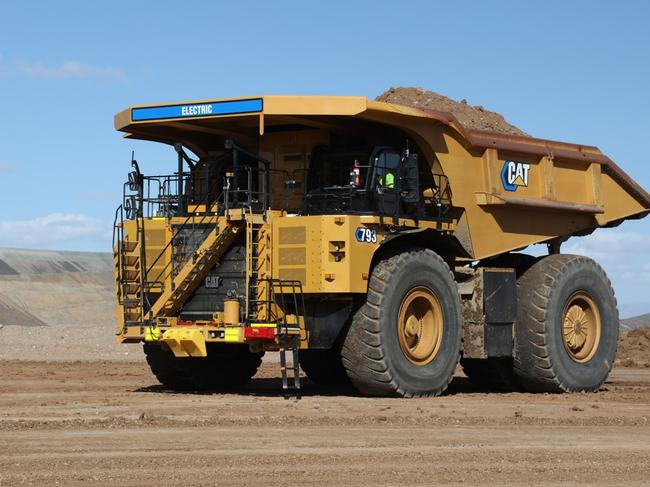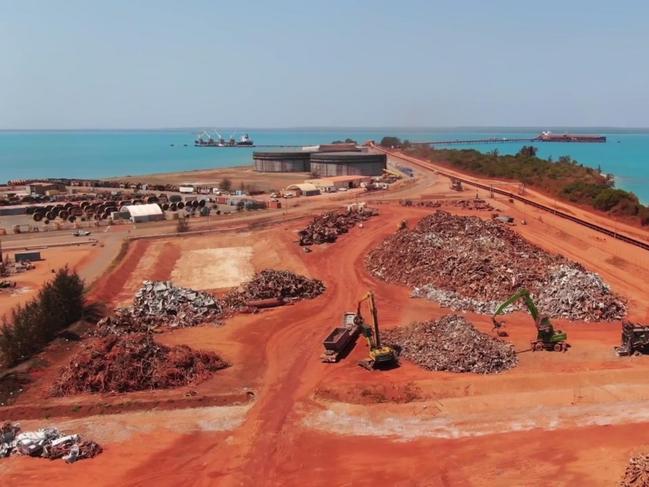Class action plan against mining giant Rio Tinto over alleged sexual harassment
A class action is being prepared against Rio Tinto on behalf of its Australian employees and contractors who were allegedly subjected to sexual discrimination and harassment.
Mining
Don't miss out on the headlines from Mining. Followed categories will be added to My News.
Mining giant Rio Tinto could be hit with a class action from its Australian employees and contractors who were allegedly subjected to sexual discrimination or harassment working on its mine sites.
Shine Lawyers is investigating a potential class action to determine if Rio Tinto or any of its related subsidiaries failed to take adequate steps to eliminate discrimination or sexual harassment in its workplaces.
In 2022, a report into workplace culture at Rio Tinto identified disturbing findings of discrimination throughout the company, including bullying, sexual harassment and racism.
The report was published by a company owned by Elizabeth Broderick who was the Sex Discrimination Commissioner between 2007 and 2015.
She conducted an independent review into the mining company’s workplace culture to improve its operations.

Shine Lawyers class actions’ practice leader Sarah Thomson said the report found a large proportion of female employees described enduring everyday sexism, which impacted self-esteem, personal relationships and their employment.
“We do not live in a world that tolerates sexual abuse and harassment in any workplace,” she said.
“Women have spoken out about instances of sexual abuse and assault and ultimately being driven out of the industry for speaking out. “We cannot let any employer get away with this conduct without consequence.”

Under the Sex Discrimination Act, an employer can be held vicariously liable for harassment by employees if the employer did not take all reasonable steps to prevent the employee from committing the harassment.
A Rio Tinto spokesperson said they were aware a legal firm was investigating a potential class action.
“We take all concerns about workplace safety and culture, including sexual discrimination and harassment, very seriously,” the spokesperson said.
“In 2022, we released an external review of our workplace culture as part of our commitment to drive meaningful change to create a safe, respectful and inclusive workforce.
“The Everyday Respect report included recommendations to ensure the cultural change we’re making at Rio Tinto is implemented, embedded and its effectiveness monitored.”
The spokesperson said the company was conducting an independent review of their progress with Ms Broderick and they intended to publish the report by the end of the year.

In 2022, 60 Minutes featured a story with several women who worked in WA’s mining sector who alleged the industry was rife with sexual abuse and harassment.
WA fly-in fly-out worker Astacia Stevens told the program she had been employed for more than 12 years in mining and that her career was dependent on supervisors who regularly sexually harassed her.
“If you want to get on the trucks, you need to get on your knees and that’s pretty much how it goes through everything,” she said.
Ms Stevens said she knew women who had been drugged and sexually assaulted on mining sites but had been too frightened to come forward and feared they would lose their job.
“If you’re a whistleblower you’ll never work in the industry again,” she said.
“I have had women speak to me about waking up in their bed with no recollection of people sleeping with them.
“At the end of the day that’s rape and it happens so much more often than anyone realises.”
Originally published as Class action plan against mining giant Rio Tinto over alleged sexual harassment


